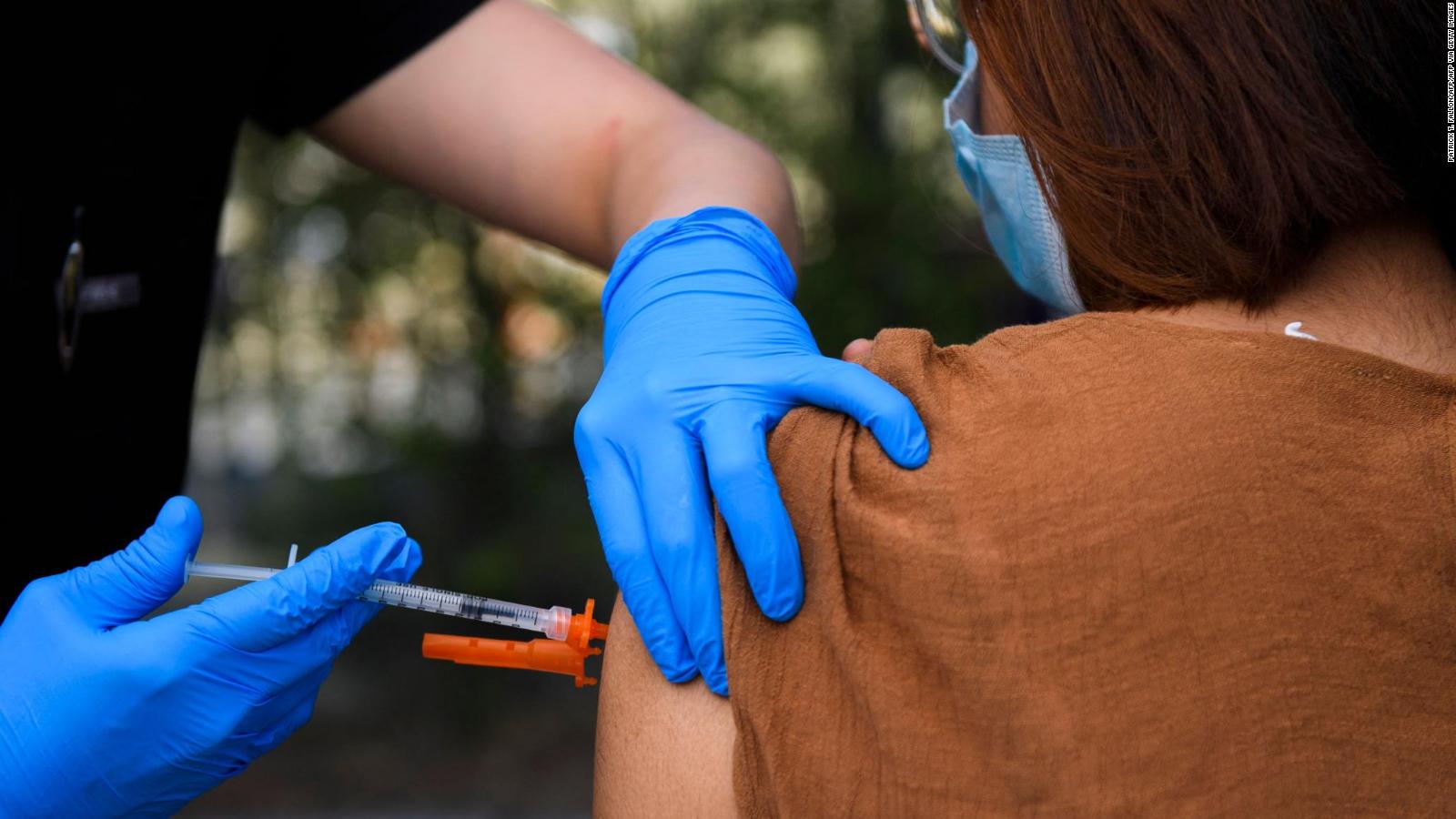During the control of consignments of domestic or pet animals at the border, the Food and Veterinary Service (FVS) found violations in connection with the import of dogs from Belarus and Russia, the FVS representatives informed.
The service stated that both forged accompanying documents had been found and that dogs with unacceptably low levels of rabies antibodies were being imported.
The FVS explained that according to the regulations, only domestic animals vaccinated against rabies can be imported into the European Union (EU), including the animal must be at least 12 weeks old on the day of vaccination and enter the EU 21 days after receiving the last vaccination.
In order to verify that this requirement has been met, the FVS has randomly taken blood samples from dogs taken from Belarus at the border to ensure that the documented rabies vaccination has been carried out in accordance with the requirements. Laboratory tests revealed that three of the five dog blood samples had inadequately low levels of antibodies.
The FVS has informed both the competent supervisory authority of Belarus and the supervisory authorities of other Member States of the findings.
Dogs with low levels of rabies antibodies were imported into recipients in Germany, Poland and Belgium.
Also, during the inspections, the FVS border inspectors suspected the authenticity of seven veterinary certificates issued by the competent Russian supervisory authority. During the inspection, the suspicions of the FVS border inspectors were confirmed – six out of seven certificates were forgeries. Animals issued with forged documents are not allowed to enter the EU.
The FVS is a state administration institution under the supervision of the Ministry of Agriculture, which performs state supervision and control in the food chain and veterinary medicine sector.
–


/cloudfront-us-east-1.images.arcpublishing.com/lanacionar/YRUF4V6YZRBEDHNPQORIGFF7VQ.jpg)